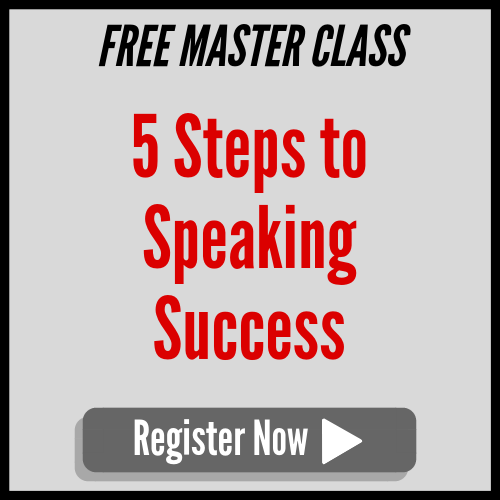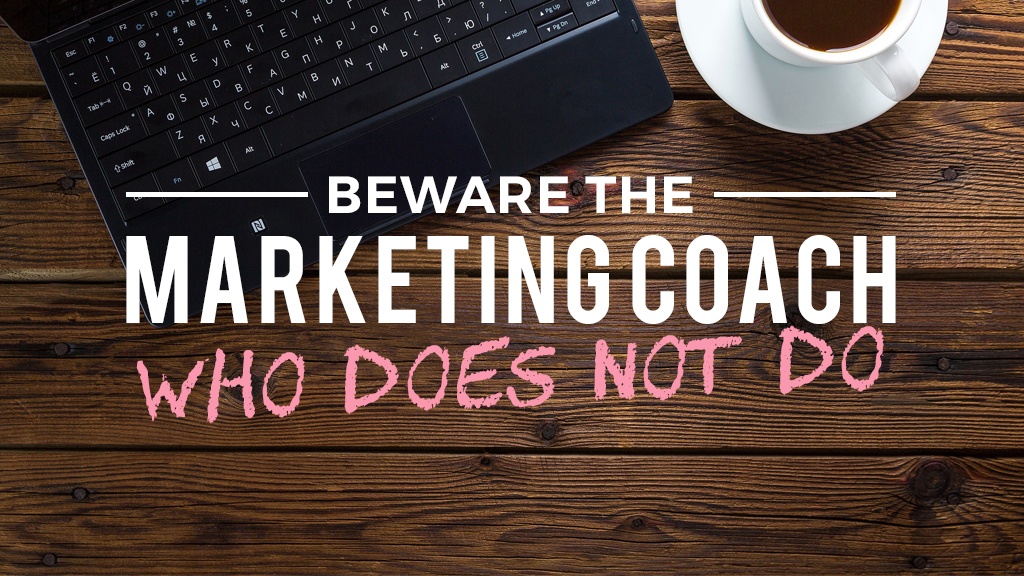
OK I have to say it...
I'm getting really REALLY tired of these so-called gurus and coaches who are supposedly teaching people how to "make millions as a [fill in the blank - speaker, author, infomarketer, coach, etc]" yet they have never earned a $5k+ speaking fee, they've never sold more than 1000 books, they've never sold more than a few thousands dollars in infoproducts, and they've never coached more than a few dozen people.Here's the deal, people - ASK your next coach, guru, teacher, or mentor the following questions based on the subject you're enrolling to learn.
For example...
1. Speaker marketing coach:
- How many times a year do you speak FOR MONEY?
- At what fee?
- Who are five of your most recent paid speaking clients?
2. Book marketing coach:
- Is your book self-published or with a major publisher?
- How many books have you sold?
- If you claim "bestseller" status - what lists and for how long were you on the list?
- Where is your book TODAY in amazon sales rank (less than 25,000 is good)
3. Group coaching/online course creation guru:
- How many group coaching programs or courses have you run?
- Since when have you been filling your own groups?
- What's your average enrollment?
- At what price point?
- Can you show me the sales page for three of your recent programs?
4. Infoproduct coach:
- How many infoproducts do you currently sell?
- What's your monthly sales volume on your top 2-3 products?
- Can you show me the sales pages for several of your products?
5. Private Coaching guru:
- How many private coaching clients do YOU currently work with?
- What are your coaching packages and fees?
- Do you charge by the hour? (It's a BIG red flag if they say yes!)
- What percentage of your coaching business is repeat and referral?
- What's the average amount of time and money that clients spend with you?
6. Marketing/business growth coach:
- How long have you been running your business?
- Do you have other sources of income besides this business?
- What are they?
- What are the typical outcomes clients get from working with you?
- Have you DONE what I want to do - or do you just teach it?
- How many clients have you worked with?
- What separates your successful clients from your not-so-successful ones?
- Then check out their recommendations on Linkedin and their client testimonials on their website (how specific are they? how many? how credible? Full attribution with person's name, company, position, etc?)
There are a lot of people out there who LOOK like they have it going on - pitching their "Million Dollar" this and "Million Dollar" that...
Sad to say, a LOT of it is smoke and mirrors. Motivation, inspiration, pretty websites, great photos of smiling, jubilant bootcamp or retreat attendees, a big social media footprint, great looking videos...
But scratch the surface and the gold glitter starts to flake off in big chunks as you realize you've just been taken for a ride by a very pretty or handsome con artist and suddenly, you're out a few thousand dollars (or a lot more) with nothing to show for it except that empty feeling in the pit of your stomach that you're not any closer to achieving your goals for your business, your bank account, or your lifestyle.
Don't follow the herd - you're not a lemming or a sheep.
Find the people who are the REAL DEAL, who only preach what they themselves practice, invest wisely, and choose carefully.
That is all. Rant ends here.
And next time - we'll tackle the rant of the CLIENT who does not do. (That rant might be even juicier than this one, don't you agree?)

Are you a DO IT freak? Welcome to the club!! Please use the social media buttons at the top of this post to share it with your network. YOU are a rock star!



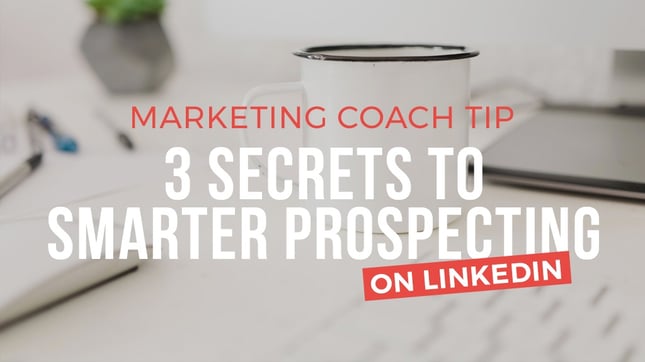

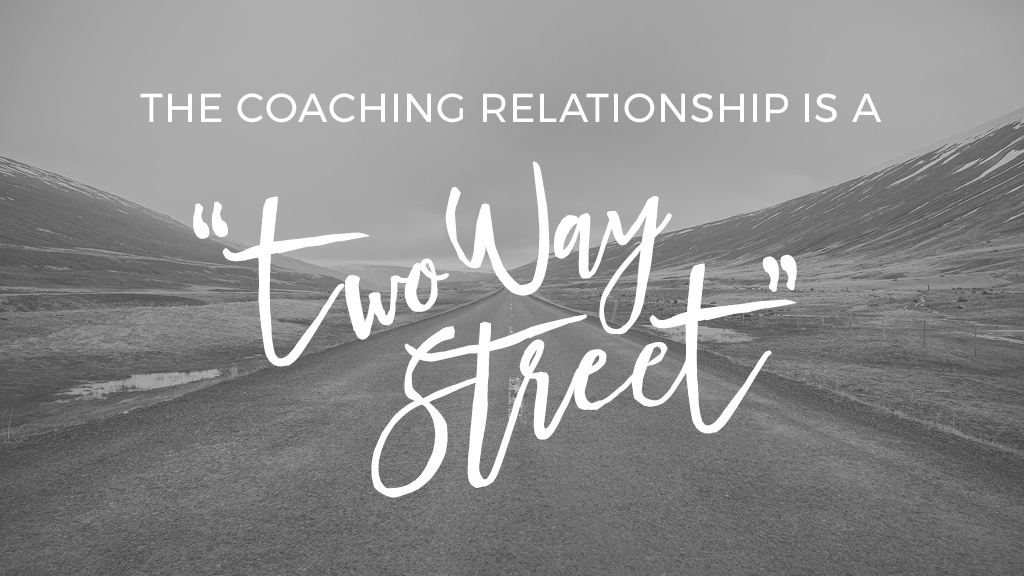

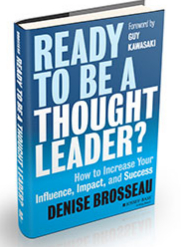 Thought Leader’s Bookshelf 2014
Thought Leader’s Bookshelf 2014
 Entrepreneurs who START a business typically exhibit these traits:
Entrepreneurs who START a business typically exhibit these traits:

 Here's a two-part interview with my pal, Corey Perlman of eBootCamp.com.
Here's a two-part interview with my pal, Corey Perlman of eBootCamp.com. 